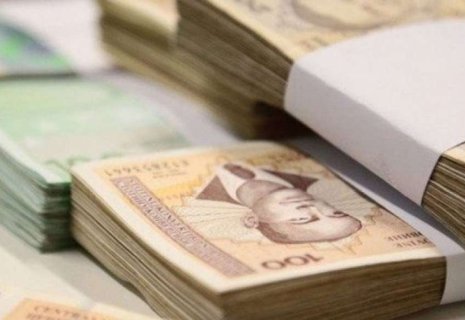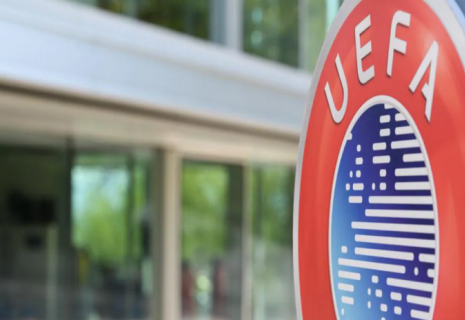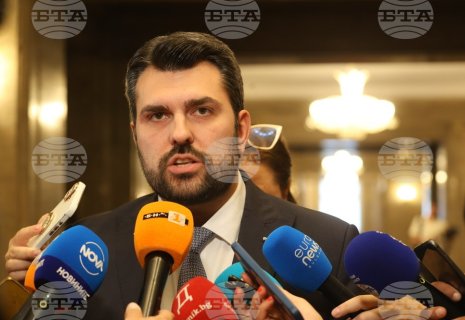
Slovenia’s NLB accounts for half of banking profits
Slovenia's banking group NLB posted a net profit of €514.6 million last year on €1.24 billion in net revenue. The profit figure marks a 7% decrease on the record earnings posted in 2023, CE Report quotes The Slovenia Times.
Releasing unaudited financials, the bank described the past financial year as solid.
Net revenue was up by 14%. Net interest revenue increased by 12% to €934.5 million, while net non-interest revenue rose by 19% to €310.6 million.
Expenditure increased by 20% to €602.2 million. Profit before impairments and provisions was up by 9% to €642.6 million with impairments and provisions up by 166% to €37.4 million.
The government imposed a temporary 0.2% tax on total assets of banks last year to fund reconstruction after the devastating floods in August 2023.
NLB paid €33 million in that tax last year. On the other hand, profit was positively affected by the booking of deferred tax assets in the amount of €61.9 million.
NLB generates half of country's banking profit
The bank's net profit accounted for almost a half of the combined profits of all banks in Slovenia last year. These totalled just over €1.1 billion, down 2% on the year before.
Gross lending by NLB increased by 19% to €16.72 billion. Total cash deposits increased by 7% to €22.21 billion.
The negative trend in non-performing loans which persisted for several years came to an end last year. The group's portfolio of bad loans increased from €300.5 million at the end of 2023 to €330.5 million at the end of 2024.
CEO Blaž Brodnjak said all banks in the group, operating in Southeastern Europe, "strengthened their market positions, with subsidiaries delivering solid net earnings and contributing 58.2% to the group's after-tax result".
The parent bank NLB posted a net profit of €478.2 million.
The groups's total assets rose by 8% to over €28 million at the end of the year. In Slovenia, NLB remains market leader, holding a 32% share, followed by Hungary's OTP (28%) and Italy's Intesa Sanpaolo (7.8%).
Total capital requirements amounted to 18.7%, 1.5 percentage points less year-on-year. The CET1 requirement was at 15.3%, 1.1 points down over the end of 2023.
The group expects a stable net revenue of €1.2 billion this year and over €1.3 billion in 2026. In 2025, dividend payout is to amount to 50% of the profit in 2024, and is expected to increase to between 50% and 60% of this year's profit in 2026.
Last year NLB paid out €220 million in dividends in two tranches.
























